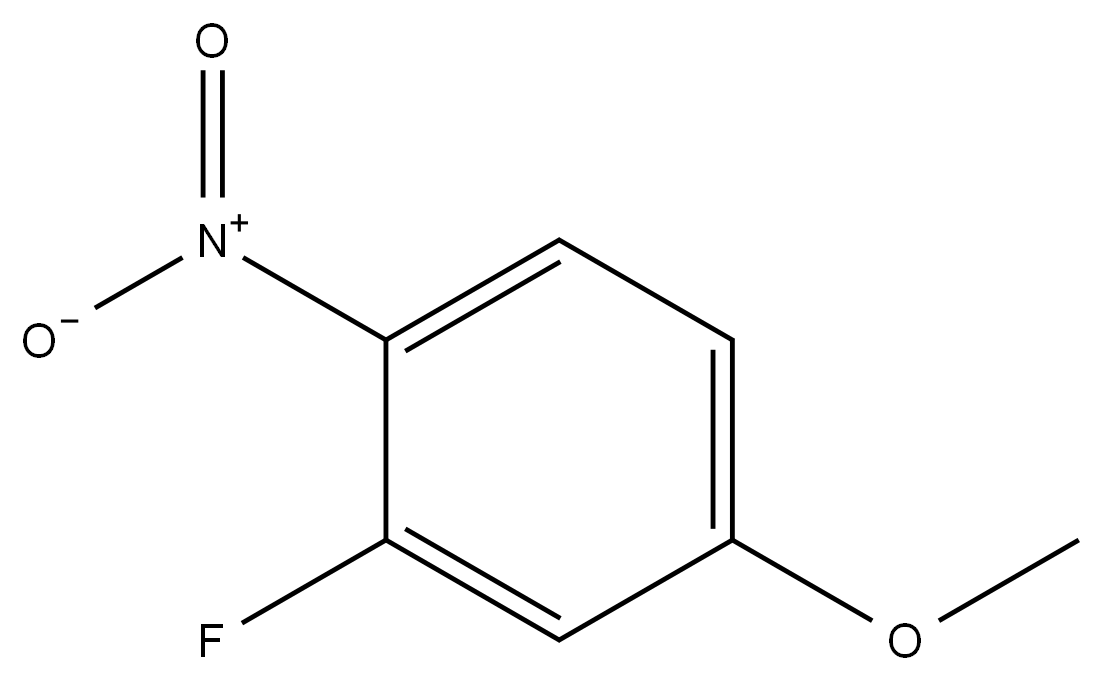Understanding Intermediates: Key Components in Chemical Manufacturing
2025-03-26
Intermediates play a crucial role in the world of chemical manufacturing, serving as essential building blocks in the production of a wide variety of end products. These compounds are neither raw materials nor finished products but rather products that are produced during the manufacturing process, often to be further processed into more complex substances. In this blog, we will explore what intermediates are, their significance in various industries, and why they are indispensable in the production of chemicals, pharmaceuticals, and more.
What Are Intermediates?
In the context of chemistry and manufacturing, intermediates refer to chemical compounds that are produced in the middle of a multi-step production process. These compounds are used as essential components to create the final product, and they undergo further chemical reactions to transform into the desired substance. Intermediates are essential in large-scale production because they help streamline processes and ensure that each step in the production chain is as efficient as possible.
Intermediates can be produced through chemical reactions involving raw materials, and they can be further processed or modified to create a final product. For example, a pharmaceutical company may produce an intermediate compound, which is then transformed into a drug after several more stages of chemical modification.
The Role of Intermediates in Chemical Manufacturing
Intermediates are a cornerstone of chemical manufacturing, serving as the link between basic raw materials and complex finished products. Without intermediates, many industrial processes would be too complicated or inefficient to execute. Here’s a look at how intermediates fit into the overall manufacturing process:
1. Production of Fine Chemicals: Many fine chemicals, including fragrances, colorants, and specialty polymers, are created using intermediates. These compounds undergo a series of reactions and transformations, with intermediates at each stage serving as stepping stones toward the final product.
2. Pharmaceutical Manufacturing: In the pharmaceutical industry, intermediates are critical to the production of drugs and medicines. They are often produced in bulk during the early stages of drug development and are then chemically modified to create the active ingredients in medications. Intermediates can also be used to improve the stability, bioavailability, and effectiveness of a drug.
3. Agriculture and Pesticides: In agriculture, intermediates are used in the production of pesticides, herbicides, and fertilizers. These compounds are essential in developing more effective products that help increase crop yields and protect against pests. Chemical intermediates can also be used to produce more environmentally friendly alternatives to traditional agrochemicals.
4. Petrochemical Industry: The petrochemical industry relies heavily on intermediates to produce a wide range of products, such as plastics, synthetic rubbers, and fuels. Intermediates are often created during the refining process of crude oil and natural gas and can then be used to manufacture materials such as nylon, polyester, and polypropylene.
5. Food and Beverage Industry: In the food and beverage sector, intermediates are used in the production of additives, preservatives, and flavoring agents. These compounds are used to enhance the taste, texture, and shelf-life of various food products.
Why Are Intermediates Important?
The use of intermediates in manufacturing processes is not just important—it’s essential. Here’s why:
1. Efficiency and Cost-Effectiveness: Intermediates allow manufacturers to streamline production processes, reducing the need to create complex compounds from scratch. This leads to more efficient production, saving both time and money. Using intermediates can also reduce the overall energy consumption of manufacturing processes.
2. Scale-Up of Production: In many cases, intermediates are produced in large quantities and can be scaled up more easily than creating a final product from raw materials. By utilizing intermediates, manufacturers can increase production capacity while maintaining quality and consistency.
3. Customization of End Products: Intermediates enable manufacturers to create customized products. By altering the chemical structure of intermediates, manufacturers can modify the properties of the final product to meet specific needs or market demands. This is especially important in industries such as pharmaceuticals and specialty chemicals, where tailored products are often required.
4. Reduced Risk: By producing intermediates in controlled environments, manufacturers can reduce the risk of errors and failures in the production of end products. Using intermediates also helps to ensure that production adheres to safety standards and regulations, minimizing the risk of defects or hazardous outcomes.
Types of Intermediates
Intermediates can be classified into several categories, depending on the type of chemical transformation they undergo and their final application:
1. Bulk Chemicals: These are large-volume chemicals that are produced and sold in significant quantities. Examples include sulfuric acid, ammonia, and ethylene. Bulk chemicals are used as intermediates in many industrial processes, including the production of plastics, detergents, and fertilizers.
2. Fine Chemicals: Fine chemicals are produced in smaller quantities compared to bulk chemicals but are often more specialized in their applications. Examples include vitamins, fragrances, and pharmaceuticals. Fine chemicals play a significant role in the pharmaceutical, agricultural, and electronics industries.
3. Specialty Chemicals: Specialty chemicals are highly specialized compounds used in niche applications. They may be custom-made for specific customers or industries and include products like adhesives, sealants, and lubricants.
4. Pharmaceutical Intermediates: These intermediates are used in the production of drugs and medications. Pharmaceutical intermediates can be either active pharmaceutical ingredients (APIs) or substances that are required for the synthesis of APIs. These intermediates undergo several chemical processes before becoming the final therapeutic product.
Challenges in Handling and Manufacturing Intermediates
Despite their critical role in the manufacturing process, working with intermediates can come with its challenges. For example, the production of intermediates requires precise control of chemical reactions and conditions to ensure that the final product is pure and safe. Additionally, intermediates often require careful storage and handling to prevent degradation or contamination, particularly in industries such as pharmaceuticals and food production.
Manufacturers also need to consider regulatory standards when producing intermediates. These regulations ensure that intermediates are safe, effective, and of high quality before they can be used in the production of final products. Regulatory bodies, such as the FDA and EPA, impose strict guidelines on the production and use of intermediates, especially in sensitive sectors like healthcare and agriculture.
Conclusion
Intermediates are vital components in the world of chemical manufacturing. Whether used in the production of fine chemicals, pharmaceuticals, agrochemicals, or petrochemicals, these compounds help manufacturers create a wide range of essential products. By understanding the role of intermediates in the production process, companies can improve efficiency, reduce costs, and customize their products to meet specific needs. With the growing demand for specialized products in many industries, intermediates will continue to play a pivotal role in global manufacturing processes.
As we move forward, the importance of intermediates in advancing technology and improving the quality of our daily lives will only increase, making them an indispensable part of modern industry.



